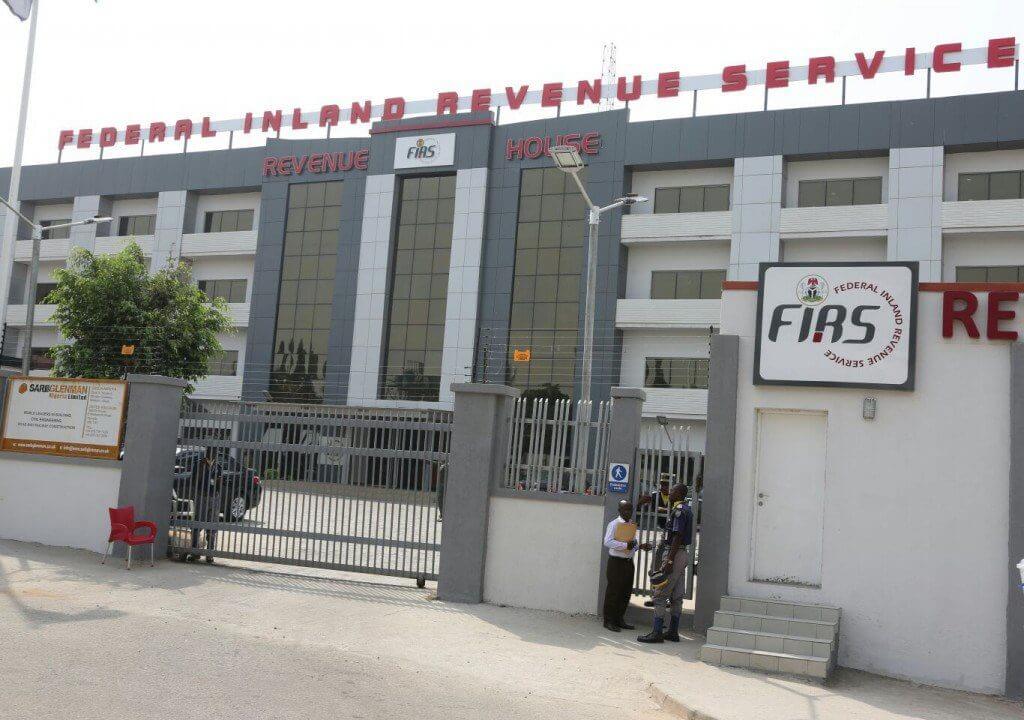Opinion
FIRS Move to Commence Collection of Tax on Online Transactions to Boost Market for Crypto Payment Solutions

The Federal Inland Revenue Service FIRS, the Nigeria federal tax administration body has announced it will start collecting tax on online transactions. The type of tax called Value Added Tax is expected to remain the same 5% on goods and services purchased online.
Nigeria gets majority of its revenues from oil proceeds however, in recent years; the tax collecting body has been seeing increasing tax collection rate as opposed to previous tax periods that was characterized by stupendous tax evasion.
As the Nigerian state continues to exploit ways to increase its tax collection, the move into the digital space may have come as a shock to some. The tax body desires to collect tax on digital transactions. Though it hasn’t disclosed if there will be any other form of exemption on its’ 5% VAT Collections.
As one of the most populous countries in the world with quite an unstable local currency which Nigerians are taking the initiate to better their lots by growing and storing wealth in cryptocurrencies. Cryptocurrencies enables Nigerians to bypass slow, cumbersome and high fees traditional means of sending and receiving money all over the world.
The announcement of the online tax has brought some questions about the implications of the tax on the Nigerian people and businesses considering the E-commerce industry is still an infant industry when compared to the oil and gas industry with several people expressing total dislike for the tax. The ingenuity of the Nigerian people has been tested at several times and surprising they continue to produce outstanding results.
As the FIRS attempts to continue with the taxation on online goods and services, it is understandable that there are three options. One where the individuals forsake online payments and revert to cash, continues and pay the 5% VAT on purchases or find a way to reduce their total amount expended on purchases.
Trading in cryptocurrencies has also been a way to make more wealth. The daily trading volume of cryptocurrencies which stands at over One Billion Naira is a testament to this.
The Federal Inland Revenue Service has not disclosed if some goods and services will be exempted from this digital tax. Since the 5% VAT will be deducted upon purchases by agents of the tax bodies which are banks, there is an opportunity for cryptocurrency as a means to make purchases online without having to encounter additional charges.
Considering the fact that the tax could increase the cost of online goods, cryptocurrency payment solutions offer a convenient way to avoid paying extra cost. Several cryptocurrency firms offer crypto debit cards which allow owners to buy anything online with their bitcoin, ethereum or other cryptocurrencies without having to go through the local bank accounts.
As the knowledge of cryptocurrencies and blockchain grows in Nigeria with the Nigeria’s Federal Tax Body intention to push for the enforcement of this online tax, consumers would seek for the next alternative that does not cause them to expend more than they ought to. That alternative is cryptocurrencies and this will undoubtedly boost cryptocurrency payment solutions.
























